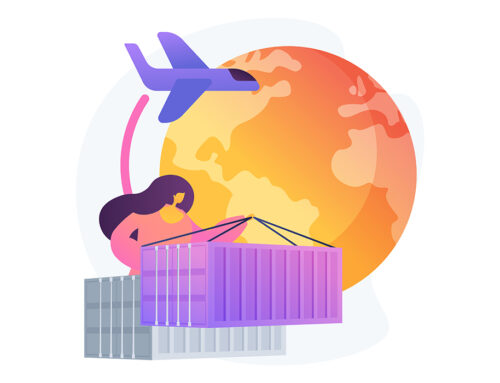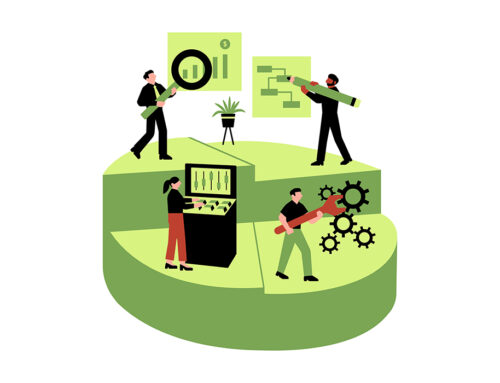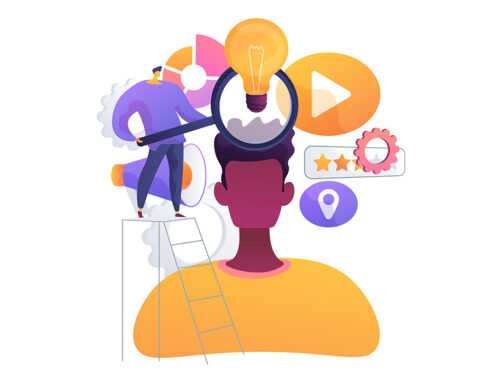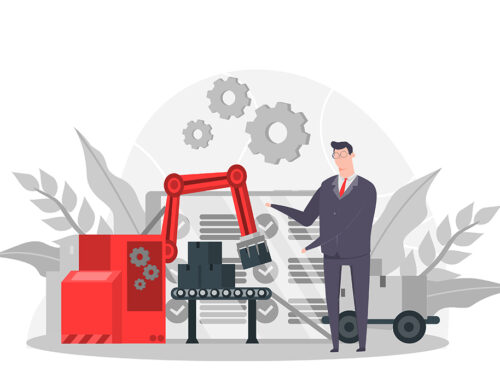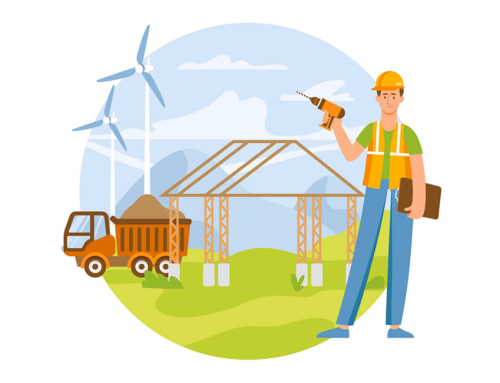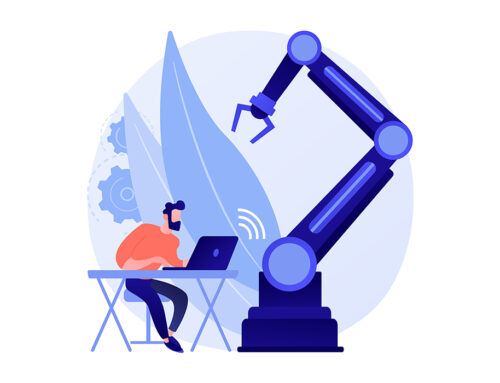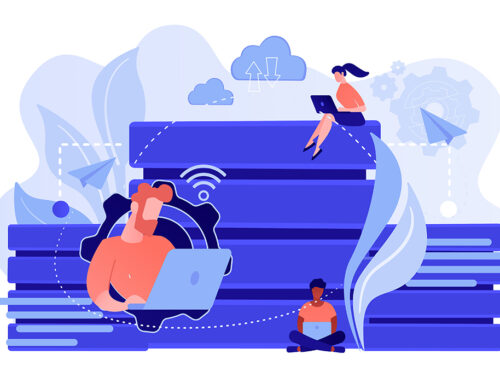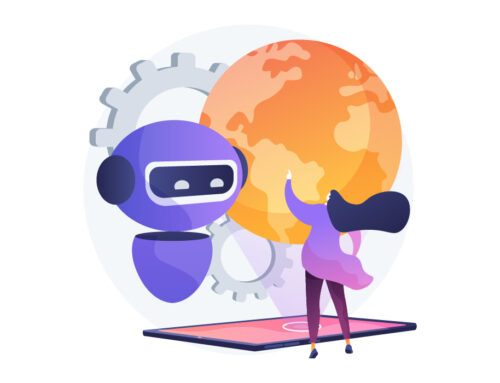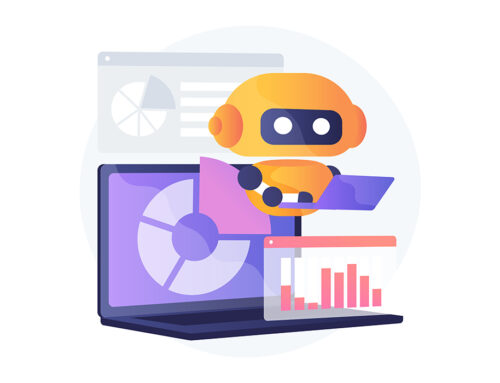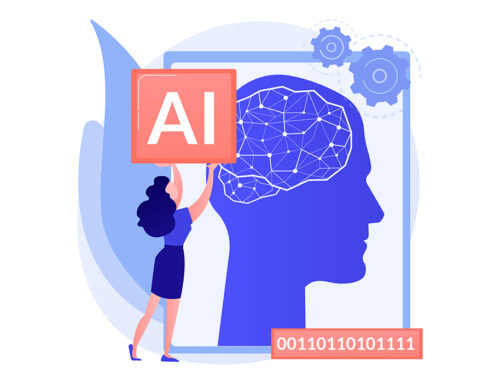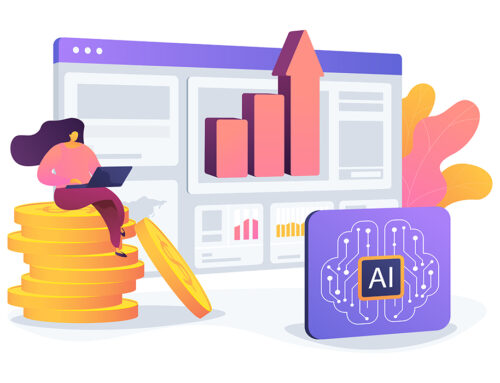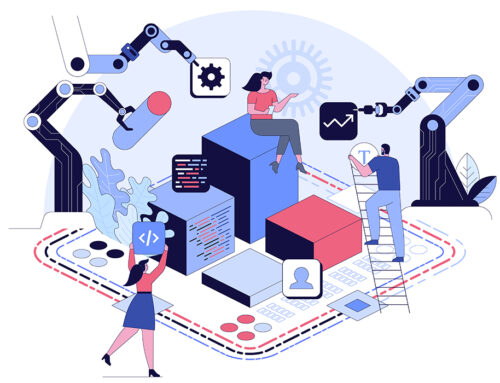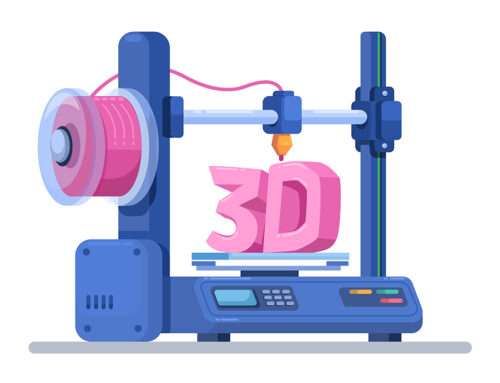At the Field Service Forum UK 2025 – Power of 50, Yasir Sheikh, Global Head of Applications & Connected Services at Honeywell, laid out a compelling vision for the future of service delivery, one defined by intelligent technology, proactive systems, and hybrid service models.
Author Nick Saraev
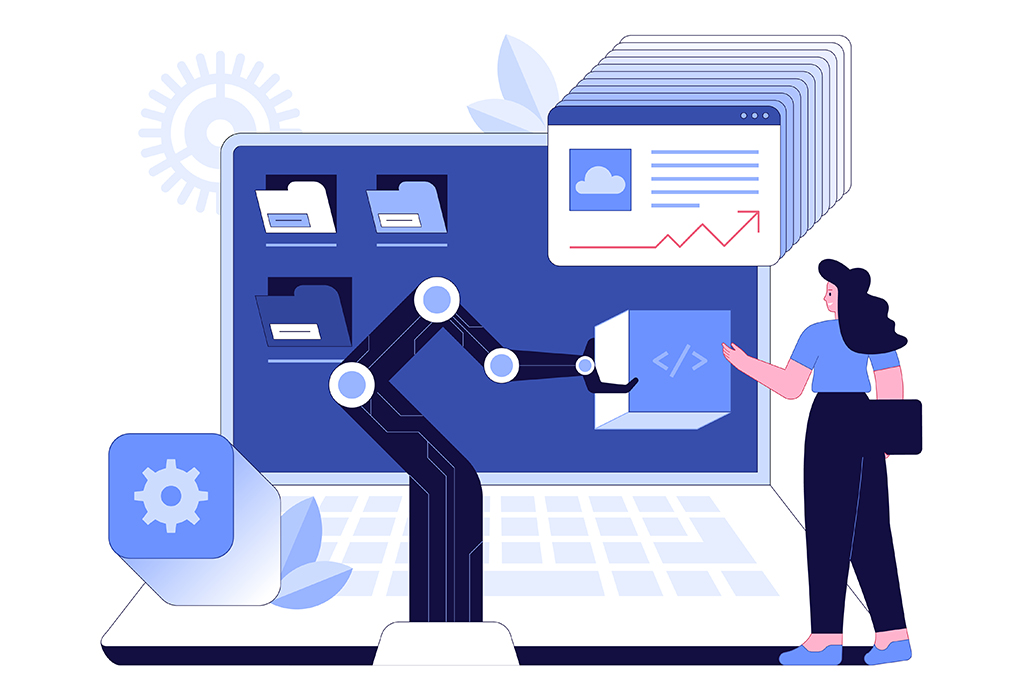
Photo: Freepik
But his central message was clear: no matter how advanced the tools become, human experience remains irreplaceable.
From AI-powered automation to sustainability-led strategies, Sheikh shared how Honeywell is leading the charge into Service 4.0, offering a roadmap that blends data, innovation, and empathy to transform the customer experience.
The Rise of Service 4.0
Sheikh described the evolution of the service sector across four eras:
- Service 1.0 – Tool-based manual service
- Service 2.0 – Internet-enabled support systems
- Service 3.0 – Mobile-first technology integration
- Service 4.0 – The current frontier, driven by AI, IoT, predictive analytics, and virtual/augmented reality
This latest revolution is reshaping traditional service models, enabling more personalised, proactive, and efficient customer support at scale.
Digital Transformation & Predictive Maintenance
One of the most impactful shifts in recent years is the move from reactive service to predictive, data-informed operations. Honeywell’s own transformation illustrates what’s possible.
After fully integrating a field service management system across global teams, the company uncovered $1 million in productivity gains per year. Using tools like Salesforce, remote diagnostics platforms, and real-time monitoring systems, Honeywell has streamlined field operations while improving customer responsiveness.
Sheikh shared a real-life example: a connected washing machine in his home triggered a preemptive service call when it detected an internal anomaly. Before the machine ever failed, the manufacturer dispatched a technician with the correct part, eliminating customer friction entirely.
This, he noted, is the power of predictive service.
IoT & Embedded Devices
IoT-enabled assets are critical enablers of this change.
Devices embedded with sensors—such as HVAC units or building control systems—allow for real-time data collection, monitoring, and automated alerts.
Field service professionals can now access full equipment histories, inventory levels, and customer data remotely before stepping on-site. This connectivity empowers better first-time fix rates and drastically reduces wasted technician time.
Remote fixes are also rising. At Honeywell, 70% of issues with building control systems are resolved remotely, thanks to connected service contracts and a growing hybrid service model.
The Role of AI in Service
AI and machine learning are still in early stages of adoption, but Sheikh made clear they are no longer hypothetical. Today’s AI tools can already perform highly effective administrative functions, such as:
- Scheduling: Matching the right engineer to the right job, with the right tools, at the right time
- Chatbots and Virtual Assistants: Assisting customers at early stages of issue resolution
- Predictive Analytics: Providing energy scores, identifying asset degradation, and suggesting optimisation strategies
Honeywell’s predictive platform, Forge, is already enabling energy savings and operational improvements through performance monitoring. As large language models (LLMs) mature, AI is expected to take on more nuanced, environment-specific tasks.
Augmented & Virtual Reality
Augmented reality (AR) and virtual reality (VR) are also emerging as valuable tools for technician training and in-field diagnostics.
While VR is widely used in immersive training environments, AR offers the potential to overlay digital guidance directly onto physical equipment. As the technology becomes more stable, its impact on service quality and first-time fix rates will be significant.
Empowering the Mobile Workforce
Empowering engineers with mobile-first tools is no longer optional but foundational. Sheikh emphasised the shift toward full digital documentation and real-time communication.
Honeywell field teams now complete service reports via digital apps, receive signatures through guided forms, and feed insights directly into central knowledge systems.
This not only improves the service loop but also strengthens the company’s ability to refine future product quality and training initiatives.
Sustainability as a Competitive Edge
Environmental responsibility should be a priority for businesses. Sheikh underscored that sustainability, energy efficiency, and fleet decarbonisation are not only good for the planet but increasingly important to customers.
Companies investing in electric service vehicles, waste reduction strategies, and energy-efficient equipment are seeing those efforts pay off in brand perception and customer loyalty.
The Customer of Tomorrow
Customer expectations have changed. Modern clients want:
- Real-time service tracking (like Uber)
- Instant status updates
- Digital feedback loops
Sheikh emphasised that personalisation, transparency, and proactive communication will be the defining traits of high-performing service organisations moving forward.
Technology is no longer the differentiator—customer experience is.
A Growing Market With Growing Pressure
Despite challenges like agency workforces, talent shortages, and change management barriers, the field service industry is poised for rapid growth.
According to recent market projections shared in the keynote:
- The global field service management market was valued at $4.43 billion in 2022
- It’s expected to grow by 133% to reach an estimated $11.78 billion by 2030
- Some forecasts place the long-term ceiling as high as $30 billion
This creates enormous opportunities, but only for those ready to innovate. To capture this growth, companies must invest not only in technology but also in workforce development and cultural change.
The shift to Service 4.0 requires cross-functional alignment, leadership buy-in, and a clear understanding of how digital tools enhance (not replace) the human role in service delivery.
Final Thoughts
Sheikh closed with five key takeaways:
- Service 4.0 is reshaping everything.
- Big data and predictive maintenance are now critical.
- AI and automation will reduce human error and increase speed.
- IoT and remote diagnostics drive efficiency.
- Sustainability and innovation unlock growth.
Rather than offering short-term solutions, the service leaders of tomorrow are expected to create intelligent, connected, and green service ecosystems.
About Copperberg AB
Founded in 2009, Copperberg AB is a European leader in industrial thought leadership, creating platforms where manufacturers and service leaders share best practices, insights, and strategies for transformation. With a strong focus on servitization, customer value, sustainability, and business innovation across mainly aftermarket, field service, spare parts, pricing, and B2B e-commerce, Copperberg delivers research, executive events, and digital content that inspire action and measurable business impact.
Copperberg engages a community reach of 50,000+ executives across the European service, aftermarket, and manufacturing ecosystem — making it the most influential industrial leadership network in the region.

